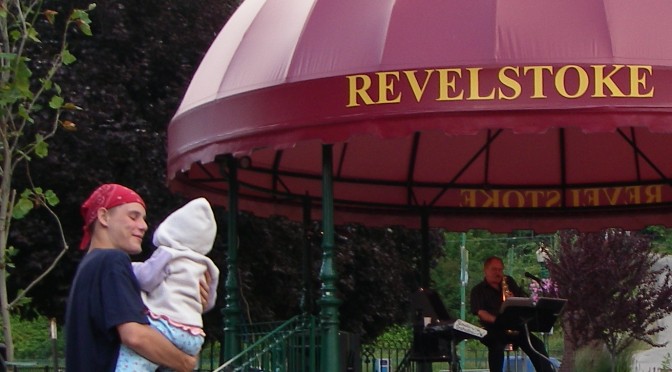A dynamic system of unconscious, primed, and conscious inclinations collectively influences behavior—it is our job to make the most adaptive choices with the information we have.
For a baby, that is a sophisticated task. How do they do it? According to neuroscientists Brian Knutson and G. Elliot Wimmer part of the process is “reward processing”, which “represents an evolutionarily conserved, yet environmentally flexible phenomenon”.
When we evaluate an event we tend to be flexible so that we can anticipate and respond to the outcome of our intrigue. We all work to obtain rewards knowing that events can be either certain of an outcome, or uncertain with only the anticipation of an outcome. A recent discovery by C. Daniel Salzman and colleagues at the Columbia University Medical Center sheds light on how emerging consciousness and reward processing get supercharged—especially for a baby. As they explain it: “pleasant and aversive stimuli can elicit arousal and attention, and their salience or intensity increases when they occur by surprise.”
Dancing with your baby offers exciting surprises as you talk, sing, move, carry them about, and introduce new music. Infants seek novel stimulation through which new information can be encoded and knowledge updated. This happens in the same brain centers responsible for processing reward and punishment, each with distinct neural circuits. Research led by psychologist J. Wrase et al. identified different brain circuits for simple motor responses active when outcomes were cued and delivered, versus cued but omitted. Furthermore, they found that when the centers for encoding, updating, and maintaining reward values are activated it predicted improvement in adaptation to omitted rewards. These cognitive mechanisms support motivation and the ability to dynamically adjust behavior to approach or avoid social or environmental cues.
Motivation to learn differs from stimulus learning (which occurs through novelty or the emotional content it produces) or feedback driven learning. Knutson teamed up with R. Adcock and colleagues investigating such matters and demonstrated that, for adults: “reward motivation promotes memory formation.” When you anticipate a reward, you promote a memory to form around it prior to learning, regardless of stimulus or feedback. If you surf over to Adcock’s “motivated memory lab” (Duke University) website you’ll see that there is a word that describes this brain activity. As she explains: “Conation (is) the part of mental life having to do with striving, including desire and volition; it intersects with cognition and emotion. Conation is predictive and affective. What we want colors what we learn and remember, which determines what we perceive and understand.”
“Behavioral development is now seen as a self-organizing, probabilistic process in which pattern and order emerge and change as a result of ongoing co-actions among developmentally relevant components both internal (e.g., genes, hormones, neural networks) and external (e.g., temperature, diet, social interaction) to the organism.” Akaysha C. Tang
